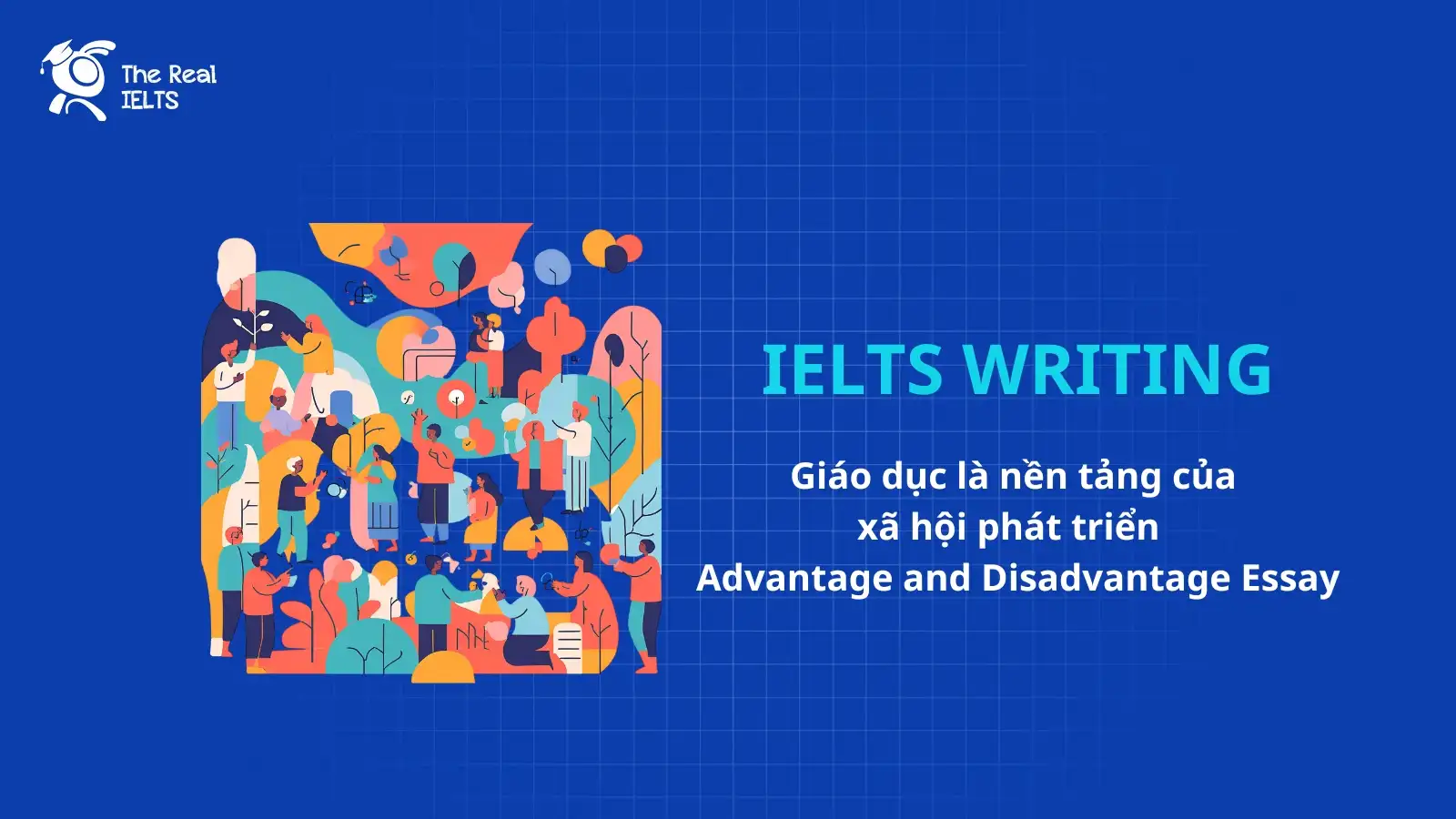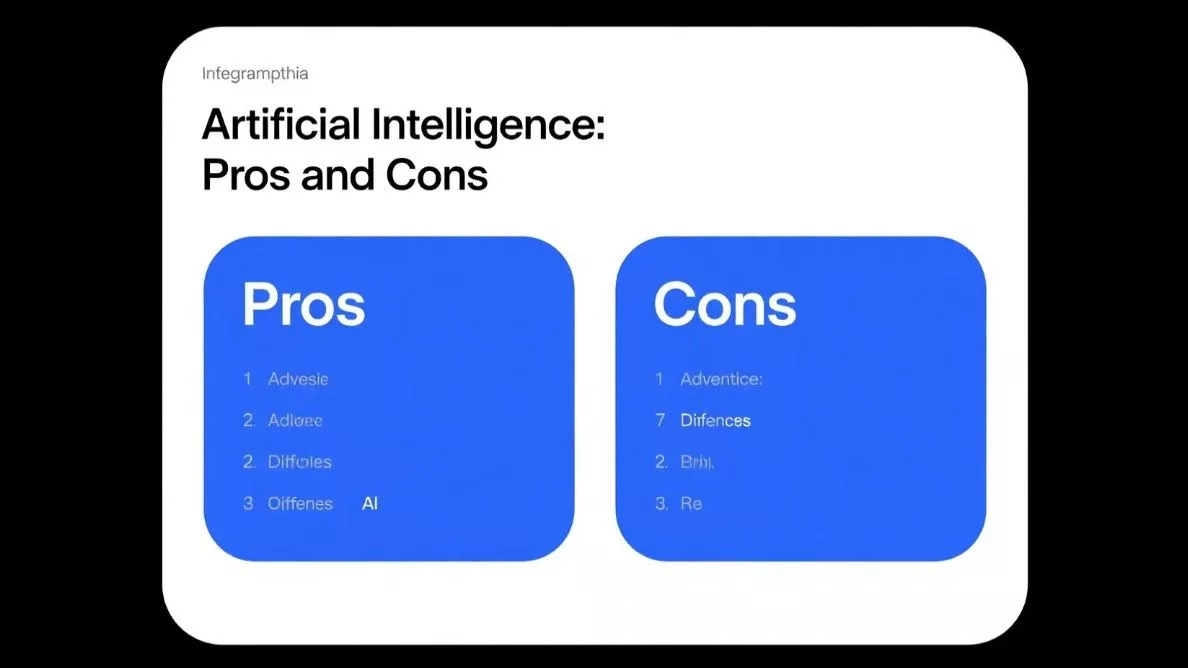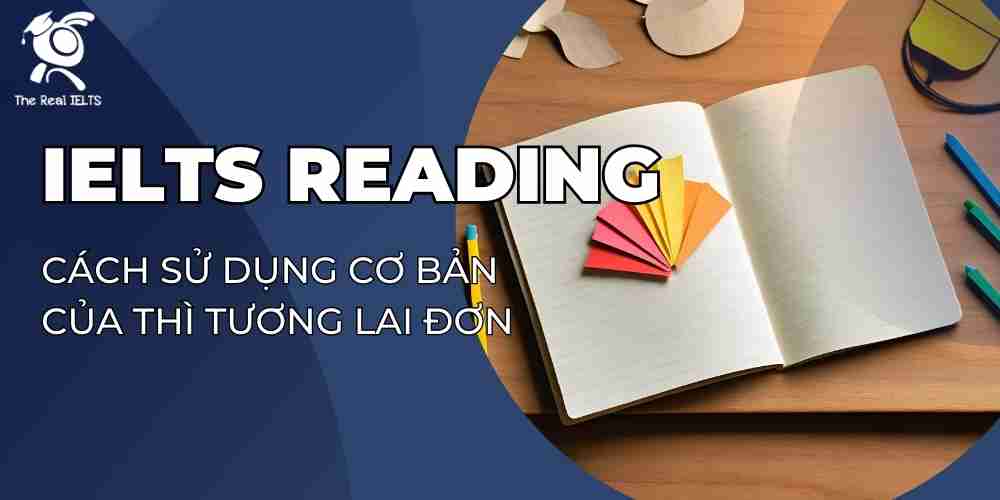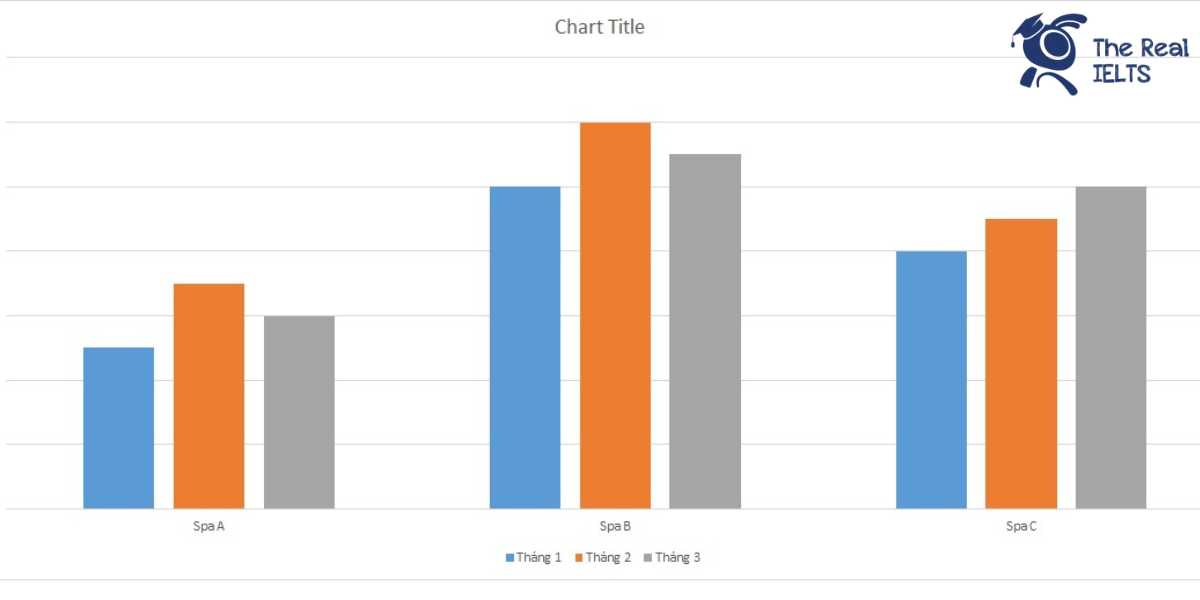Cải thiện điểm IELTS Writing Task 2 dạng Advantage & Disadvantage Essay với chủ đề “Giáo dục, nền tảng cho sự phát triển xã hội?” Khám phá bài mẫu, phân tích ưu nhược điểm, từ vựng học thuật và chiến lược làm bài hiệu quả.
Đọc thêm: IELTS Writing Task 2: Giáo dục là nền tảng của xã hội phát triển – Discussion Essay
Đề bài IELTS Writing Task 2: Giáo dục là nền tảng của xã hội phát triển – Advantage and Disadvantage Essay
Many people consider education the foundation of societal development. What are the advantages and disadvantages of relying on education as the primary driver of progress?
Câu trả lời 1
Education is widely regarded as the foundation of societal progress, as it equips individuals with knowledge and skills essential for economic growth, social stability, and innovation. However, relying solely on education as the primary driver of development has both benefits and drawbacks. This essay will examine both perspectives.
Advantages of Education as the Key Driver of Progress
One of the main advantages of prioritizing education is that it creates a skilled and knowledgeable workforce, which directly contributes to economic growth. A well-educated population enhances productivity, drives innovation, and attracts foreign investment, leading to a more prosperous society. Furthermore, education promotes social equality by providing opportunities for individuals from all backgrounds, reducing poverty and income disparities.
Another key benefit is that education fosters critical thinking and informed decision-making, which are essential for a well-functioning democracy. Educated citizens are more likely to engage in political and social issues, leading to better governance and societal stability. Additionally, education plays a crucial role in addressing global challenges, such as climate change and public health crises, by developing solutions through scientific research and technological advancements.
Disadvantages of Relying Solely on Education
Despite its significance, relying too heavily on education as the main driver of societal progress has some limitations. Firstly, economic and infrastructural factors are equally crucial. Without strong economic policies and investment in industries, even an educated workforce may struggle to find employment opportunities, leading to underemployment and brain drain.
Secondly, rapid technological advancements are transforming industries, making traditional education systems less effective if they do not adapt. Practical skills, vocational training, and technological literacy are just as important as formal education in preparing individuals for the modern workforce. Overemphasis on academic education may lead to a lack of hands-on experience and innovation.
Moreover, education alone cannot guarantee social stability. Other factors, such as healthcare, political stability, and cultural values, play significant roles in shaping a well-functioning society. For instance, countries with high literacy rates may still face social unrest if there is political corruption or economic instability.
In conclusion, education is a vital factor in societal development, providing economic opportunities, fostering social equality, and enhancing governance. However, relying solely on education without considering economic, technological, and political factors may limit overall progress. A balanced approach that integrates education with economic growth, technological advancements, and strong governance is the most effective way to ensure sustainable societal development.
Câu trả lời 2
Prioritizing education as the primary catalyst for societal development offers numerous potential benefits, but also presents certain challenges. This essay will explore the advantages and disadvantages of relying heavily on education as the engine of progress.
Advantages:
- Human Capital Development: Education equips individuals with the knowledge, skills, and critical thinking abilities necessary for a productive workforce. This leads to innovation, increased productivity, and economic growth. A skilled workforce can attract foreign investment and enhance a nation’s competitiveness in the global market.
- Social Progress: Education promotes social cohesion by fostering tolerance, understanding, and respect for diversity. It empowers citizens to engage in informed discussions, participate in democratic processes, and contribute to a more just and equitable society. Educated individuals are more likely to advocate for positive social change and hold their leaders accountable.
- Improved Health and Well-being: Education empowers individuals to make informed decisions about their health, leading to improved health outcomes and a higher quality of life. It also equips individuals with the resilience and adaptability to cope with challenges and navigate a rapidly changing world.
- Reduced Inequality: Education can help to break the cycle of poverty by providing individuals with the tools they need to improve their economic prospects. It can also empower marginalized communities and promote social mobility.
- Sustainable Development: Education fosters awareness of environmental issues and promotes sustainable practices. It equips individuals with the knowledge and skills needed to address global challenges such as climate change and resource depletion.
Disadvantages:
- Unequal Access: Not everyone has equal access to quality education. Disparities in access based on socioeconomic status, gender, or geographic location can exacerbate existing inequalities and limit the potential benefits of education for all.
- Brain Drain: Highly educated individuals may emigrate to countries with better opportunities, leading to a loss of skilled labor in developing nations. This “brain drain” can hinder economic growth and development.
- Cost and Resource Constraints: Investing in quality education requires significant financial resources. Developing countries may struggle to allocate sufficient funding to education, particularly in underserved areas.
- Mismatched Skills: Education systems may not always align with the needs of the labor market, leading to a mismatch between the skills of graduates and the demands of employers. This can result in unemployment and underemployment.
- Overemphasis on Academic Qualifications: An overemphasis on academic qualifications can lead to a devaluation of vocational skills and practical experience. This can create a skills gap in certain industries and limit opportunities for individuals who do not pursue higher education.
In conclusion, while prioritizing education as the primary driver of progress offers numerous advantages, including human capital development, social progress, and improved well-being, it is essential to address the challenges of unequal access, brain drain, and resource constraints. A balanced approach that considers other factors, such as economic development and technological advancements, while ensuring equitable access to quality education for all, is crucial for achieving sustainable and inclusive societal development.
Câu trả lời 3
Education is widely regarded as the foundation of societal development, as it empowers individuals and fosters innovation. However, relying solely on education as the primary driver of progress has both advantages and disadvantages. This essay will examine these points in detail.
Advantages of relying on education as the primary driver of progress:
One significant advantage of prioritizing education is its ability to create a skilled and knowledgeable workforce. Education equips individuals with the technical and critical thinking skills necessary to contribute to various sectors, such as healthcare, technology, and finance. For instance, countries with strong education systems, such as Germany and Japan, have achieved remarkable industrial and economic progress, driven by highly trained professionals.
Another benefit is the role of education in reducing inequality. Access to quality education provides individuals from disadvantaged backgrounds with opportunities to improve their circumstances. This not only fosters social mobility but also helps build a more equitable society where everyone has the chance to succeed. Additionally, education promotes civic awareness, encouraging citizens to engage in democratic processes and contribute to better governance.
Disadvantages of relying on education as the primary driver of progress:
Despite its importance, over-reliance on education can have drawbacks. One key issue is the potential mismatch between education systems and labor market demands. In some cases, individuals acquire theoretical knowledge that may not align with practical skills needed for employment. This can lead to underemployment and frustration, particularly in countries where education reforms lag behind economic needs.
Another disadvantage is that education alone cannot address all aspects of societal development. Factors such as technological advancement, infrastructure, and political stability also play crucial roles. For example, even the most educated workforce may struggle to thrive in a country with weak governance or inadequate infrastructure. Thus, focusing exclusively on education risks neglecting these equally vital areas of development.
Conclusion:
In conclusion, relying on education as the primary driver of societal progress has clear advantages, including creating a skilled workforce and reducing inequality. However, it also has limitations, such as mismatches with labor market needs and an inability to address other critical factors. Therefore, while education should remain a priority, it must be complemented by investments in technology, infrastructure, and governance to ensure holistic and sustainable development.
Câu trả lời 4
Education is widely regarded as the foundation of societal development, as it equips individuals with knowledge and skills that contribute to economic growth, innovation, and social stability. However, relying solely on education as the primary driver of progress has both advantages and disadvantages.
Advantages of Relying on Education for Societal Development
Firstly, education creates a highly skilled workforce, which is essential for economic prosperity. A well-educated population drives innovation, increases productivity, and fosters entrepreneurship, leading to job creation and higher living standards. For instance, countries like Germany and South Korea have prioritized education, resulting in strong economies and global competitiveness.
Secondly, education promotes social equality and reduces poverty. By providing individuals with the knowledge and skills necessary for employment, education helps bridge socio-economic gaps and improves upward mobility. Furthermore, educated citizens are more likely to make informed decisions about health, governance, and environmental sustainability, contributing to overall societal well-being.
Disadvantages of Relying Solely on Education
However, placing too much emphasis on education as the primary driver of progress can have drawbacks. One major limitation is that education alone cannot guarantee economic development if there is a lack of job opportunities or weak economic policies. Many developing countries have highly educated populations but struggle with unemployment due to poor infrastructure and limited industrial growth.
Additionally, over-reliance on formal education may overlook other crucial factors such as technological advancements, entrepreneurship, and governance. While education provides knowledge, innovation and economic success often stem from real-world experience, creativity, and investment in research and technology. Societies that focus solely on academic achievements may risk neglecting practical skills and adaptability.
Conclusion
In conclusion, education is undeniably a powerful tool for societal development, as it fosters economic growth, social equality, and informed decision-making. However, relying solely on education without addressing other factors such as economic policies, technology, and infrastructure may limit a nation’s progress. A balanced approach that integrates education with strong economic and technological strategies is the most effective path to sustainable development.
Câu trả lời 5
Education is widely regarded as the foundation of societal progress, as it equips individuals with knowledge, skills, and values essential for growth. However, relying solely on education as the primary driver of development has both advantages and disadvantages. This essay will explore both aspects of this issue.
Advantages of Prioritizing Education in Societal Development
One of the main benefits of focusing on education is the creation of a skilled workforce. A well-educated population enhances productivity, drives innovation, and contributes to economic growth. Countries such as Finland and South Korea, which prioritize education, have seen remarkable advancements in technology and industry.
Additionally, education promotes social stability by reducing inequality and fostering critical thinking. It empowers individuals with knowledge and opportunities, helping to bridge the gap between different social classes. Moreover, educated citizens are more likely to engage in democratic processes, make informed decisions, and contribute positively to their communities.
Another significant advantage is the long-term sustainability of development. Unlike short-term economic policies or technological advancements, education builds a strong foundation for future generations, ensuring continued progress in various fields such as science, healthcare, and governance.
Disadvantages of Relying Solely on Education
Despite its importance, education alone is not sufficient to drive societal development. One major drawback is the time required for education to yield results. While economic and technological advancements can produce immediate effects, education is a long-term investment that may take decades to show significant impact.
Moreover, an excessive focus on education without addressing other critical factors, such as infrastructure, healthcare, and economic stability, can lead to imbalanced development. For instance, some developing countries have high literacy rates but still struggle with poverty and unemployment due to a lack of economic opportunities and industrial growth.
Finally, the quality of education varies greatly across regions. In many countries, unequal access to education due to financial or geographical barriers limits its effectiveness as a universal solution for development. Without addressing these disparities, relying on education alone may not be sufficient to ensure overall societal progress.
Conclusion
In conclusion, while education is a crucial factor in societal development, it should not be viewed as the sole driver of progress. A well-educated population contributes to economic growth, social stability, and long-term sustainability. However, education must be complemented by strong economic policies, technological advancements, and infrastructure development to achieve comprehensive and balanced societal progress.
Câu trả lời 6
Education is often seen as the foundation of a progressive society, as it equips individuals with essential knowledge and skills. However, relying solely on education as the primary driver of development has both benefits and limitations. This essay will explore the advantages and disadvantages of this approach.
Advantages of Relying on Education for Societal Development
One major advantage of prioritizing education is the creation of a skilled and knowledgeable workforce. Educated individuals contribute to economic growth by driving innovation, increasing productivity, and improving problem-solving capabilities. For example, countries like Finland and Japan have strong education systems that have directly contributed to their technological and economic advancements.
Furthermore, education promotes social stability and equality. It enables individuals from different backgrounds to access better job opportunities, reducing income disparity and poverty. Additionally, an educated society fosters civic responsibility, critical thinking, and ethical decision-making, leading to better governance and lower crime rates.
Education also plays a key role in scientific and technological advancements. Research institutions and universities drive medical breakthroughs, environmental solutions, and technological innovations, all of which contribute to long-term societal progress.
Disadvantages of Over-Reliance on Education
Despite its benefits, relying too heavily on education as the primary factor for development has drawbacks. Firstly, education alone does not guarantee economic success. Other factors, such as economic policies, infrastructure, and technological investments, are equally essential. A country with a well-educated population but poor job opportunities may still experience high unemployment and slow growth.
Secondly, formal education systems can sometimes be rigid and outdated, failing to keep pace with rapidly changing industries. Many traditional education models focus on theoretical knowledge rather than practical skills, leaving graduates unprepared for real-world challenges. This gap can limit the direct impact of education on economic and social progress.
Lastly, prioritizing education over other development factors may lead to neglect in crucial areas such as healthcare, environmental sustainability, and infrastructure. A balanced approach that integrates education with other drivers of progress is necessary for holistic development.
While education is a powerful tool for societal development, over-reliance on it without addressing other crucial factors can be limiting. A well-rounded strategy that combines education with economic policies, technological advancements, and social infrastructure is essential for sustainable progress.
Câu trả lời 7
Education is widely regarded as the cornerstone of societal progress, as it equips individuals with knowledge, skills, and values necessary for economic and social advancement. However, relying solely on education as the primary driver of development has both advantages and disadvantages.
Advantages of Education as the Foundation of Development
Firstly, education fosters economic growth by creating a skilled workforce. A well-educated population enhances innovation, productivity, and entrepreneurship, leading to job creation and higher living standards. Countries with strong educational systems, such as Germany and South Korea, have thriving economies driven by knowledge-based industries.
Secondly, education promotes social stability and equality. By providing opportunities for all individuals, regardless of background, it helps reduce income inequality and empower marginalized communities. Furthermore, an educated society tends to have lower crime rates, as people with better career prospects are less likely to engage in illegal activities.
Thirdly, education enhances civic responsibility and global awareness. It encourages critical thinking, ethical decision-making, and participation in democratic processes, leading to better governance and social harmony. Educated citizens are more likely to advocate for human rights, environmental protection, and sustainable development.
Disadvantages of Relying Solely on Education for Progress
Despite its benefits, placing excessive reliance on education may have drawbacks. One major issue is the gap between education and practical application. In some cases, formal education systems emphasize theoretical knowledge over real-world skills, leading to a mismatch between graduates’ abilities and job market demands. This can result in high unemployment rates among educated individuals.
Moreover, education alone is insufficient without strong economic and technological infrastructure. Societal progress also depends on factors such as governance, healthcare, and investment in research and development. For instance, a country with an excellent education system but poor economic policies may struggle to provide sufficient employment opportunities for its citizens.
Lastly, access to quality education remains unequal in many parts of the world. Developing nations often face challenges such as inadequate funding, lack of qualified teachers, and limited access to resources, which hinder the effectiveness of education as a universal driver of progress.
While education plays a vital role in societal development, relying on it as the sole driver of progress has limitations. For a balanced and sustainable approach, education should be complemented by economic investments, technological advancements, and effective governance. A holistic strategy that integrates these elements will lead to a more prosperous and equitable society.
Câu trả lời 8
Education is widely regarded as the cornerstone of societal development, providing individuals with the knowledge and skills necessary for personal and national progress. While relying on education as the primary driver of societal advancement offers several benefits, it also presents certain drawbacks. This essay will examine both the advantages and disadvantages of this approach.
Body Paragraph 1: Advantages of Relying on Education for Societal Development
One of the key advantages of prioritizing education is the creation of a knowledgeable and skilled workforce, which drives economic growth and innovation. Educated individuals are more likely to contribute to technological advancements, scientific discoveries, and improved productivity, all of which are essential for national progress. For example, countries like South Korea and Finland have demonstrated how investment in education can lead to rapid economic and technological development.
Additionally, education promotes social stability and cohesion. It fosters critical thinking, ethical values, and civic responsibility, which are vital for maintaining democratic systems and reducing social inequalities. Educated citizens are better equipped to participate in political processes, advocate for social justice, and contribute to community development.
Body Paragraph 2: Disadvantages of Relying Solely on Education for Progress
Despite its many benefits, relying solely on education as the main driver of societal development has its limitations. One significant drawback is that education alone cannot address all societal challenges. Factors such as economic policies, political stability, technological infrastructure, and healthcare systems also play crucial roles in a nation’s progress. For instance, even highly educated populations may struggle if there are limited job opportunities or poor governance.
Moreover, an overemphasis on formal education can lead to neglecting other important skills, such as practical experience, creativity, and emotional intelligence. In some cases, rigid education systems may stifle innovation and fail to adapt to the rapidly changing demands of the modern world. Additionally, disparities in access to quality education can widen the gap between different social groups, leading to further inequalities.
Conclusion:
In conclusion, while education offers numerous advantages as a driver of societal development, such as fostering economic growth and social stability, it is not a standalone solution. A balanced approach that incorporates other factors like economic policies, technological advancements, and governance is essential for sustainable and holistic progress. Therefore, while education should remain a central focus, it must be complemented by other critical elements to ensure comprehensive societal development.















